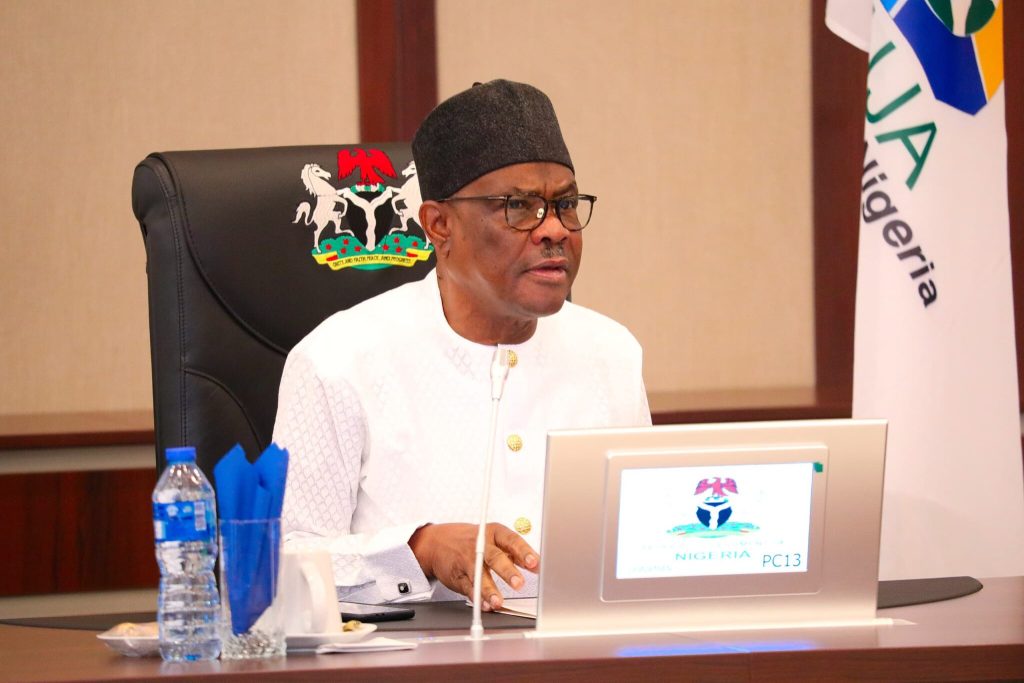Niger Republic has issued a stern warning to the Nigerian government, urging respect for its sovereignty and the fraternal relationship between the two countries. This caution comes in the wake of a joint statement from Burkina Faso, Mali, and Niger Republic, announcing their withdrawal from the Economic Community of West African States (ECOWAS) and condemning the sanctions imposed to reverse the coups in their countries.
In response, the Nigerien government emphasized the critical assistance it provided to Nigeria during the Biafran civil war, safeguarding Nigeria’s territorial integrity and sovereignty. The government expressed surprise at the denial of its ability to withdraw from ECOWAS, citing the organization’s deviation from its noble missions and failure to meet the legitimate aspirations of the Nigerien people and the Alliance of Sahel States.
Furthermore, Niger Republic rejected what it described as impertinent and condescending remarks from the Nigerian Ministry of Foreign Affairs, attributing them to a small group acting in the interests of foreign powers. The statement highlighted the lack of support from ECOWAS towards the Sahel region during the security crisis and the fight against terrorism, characterizing the organization as a threat to regional stability.
The government of Niger criticized Nigeria for imposing unfair, illegal, and inhuman sanctions, including cutting off electrical energy supply and blocking the delivery of pharmaceutical and food products to Niger. It also accused Nigeria of harboring fugitives from the fallen regime and engaging in actions to destabilize Niger with the complicity of certain ECOWAS states supported by France. The statement urged Nigeria to exercise restraint and preserve the age-old bonds of fraternity between the two countries.
The escalating tensions underscore the complex dynamics within ECOWAS and the broader implications for regional stability, security, and diplomatic relations. As the international community closely monitors developments in West Africa, the need for dialogue, diplomacy, and respect for the sovereignty of member states becomes increasingly paramount.



